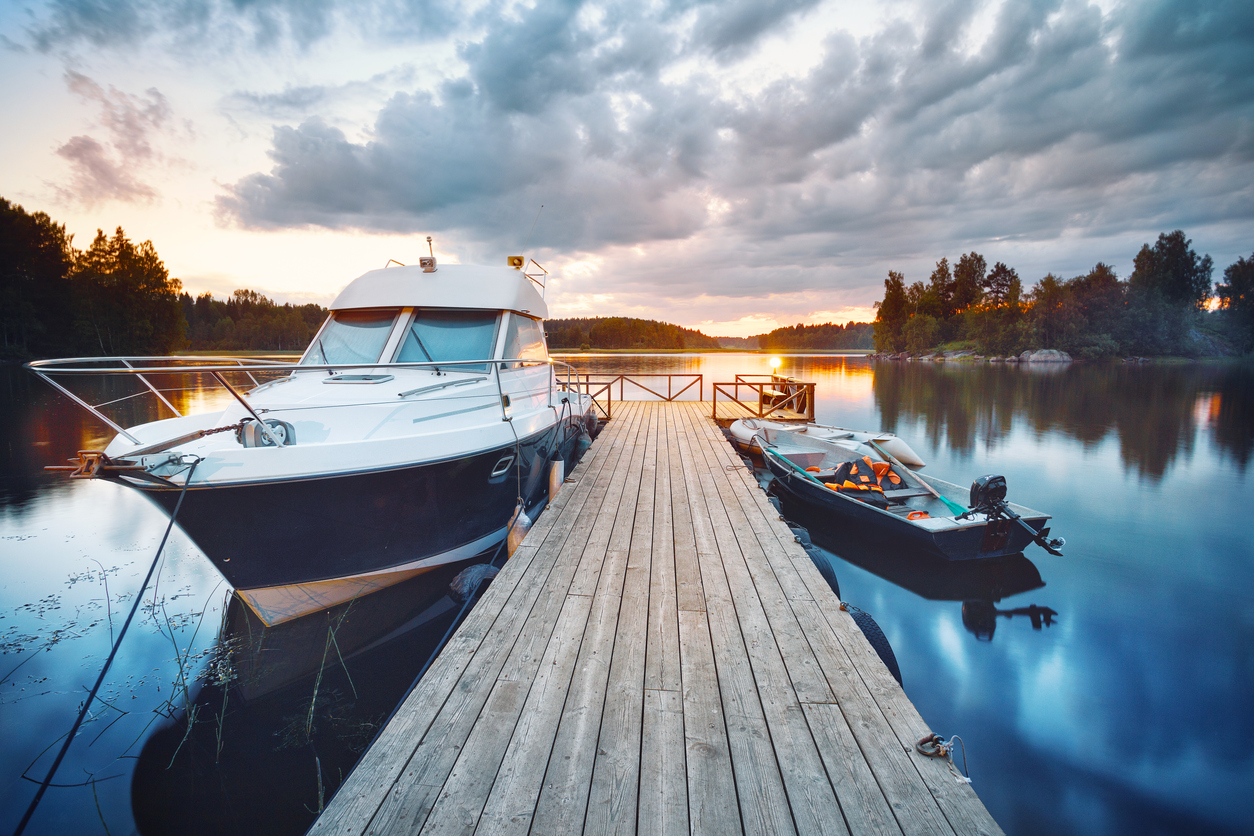Victims of maritime slip and fall accidents may be entitled to compensation. Maritime employers have a duty to create a safe working environment to minimize the risk of accidents and injuries. If maritime employees or passengers suffer slip and fall injuries, they can seek damages for healthcare costs, pain and suffering, lost income, and reduced quality of life.

Major Causes of Slip and Fall Accidents
Data from the Occupational Safety and Health Administration (OSHA) indicates that 43% of the maritime injuries reported to the agency result from slip and fall accidents. The leading causes of these accidents include:
- Slippery surfaces or lack of maintenance
- Lack of guardrails, safety nets, and barriers
- Loose lines and cargo
- Inadequate lighting
- Inadequate training or lack of safety protocols
- Poor vessel design and planning
Most of the accidents are attributable to unsafe working conditions that can be avoided by implementing proper safety measures, adequate training, and proper vessel maintenance.
Common Marina Slip and Fall Injuries
Slip and fall accidents in maritime settings can cause a wide range of injuries, including debilitating injuries with the potential for fatality or permanent disability. The injuries include torn ligaments, sprained wrists and ankles, fractures, knee injuries and dislocations, head, neck, back, and shoulder injuries, brain injury, concussion, and spinal cord injuries.
Legal Rights of Victims of Maritime Accidents
The Jones Act imposes legal obligations on maritime employers to provide a safe working environment for workers. If employees suffer slip and fall accidents due to negligence, they can file a personal injury claim. Victims of maritime accidents are entitled to damages for medical care, rehabilitation and therapy, compensation for lost income and future earnings, maintenance, physical pain and suffering, and mental and emotional distress.
Past Cases of Slip and Fall Injuries
While most slip and fall accidents result in minor injuries, some are life-threatening and require prolonged hospitalization. Some victims end up with permanent impairments that reduce their employment prospects and quality of life.
This was the case of a passenger on the Carnival Pride. The passenger Denise Kaba, slipped and fell in the pool deck area. the victim suffered life-threatening injuries, fractured her patella, and had two total knee replacements.
Even though pool decks are often slippery, investigators established that the shipowner had applied slippery resin on the pool deck. Several accidents had occurred in the area, and the Carnival management was aware of the unsafe resin surface. Despite numerous accident reports, the management did nothing to prevent future incidents. The court determined that the Carnival owner was negligent and awarded the victim $2,998 million in damages.
In a similar incident, a cook working in a ship slipped and fell while walking on a slippery deck. He hit the ship railings with his back and suffered serious spinal injuries. The injuries were so debilitating that he became paralyzed below the waist. The victim sued his employer, and investigators determined that the company had not complied with the requirement for a nonskid surface on the deck. The court found the employer to have violated Maritime Law and The Jones Act and awarded damages to the victim.
Leave a Reply